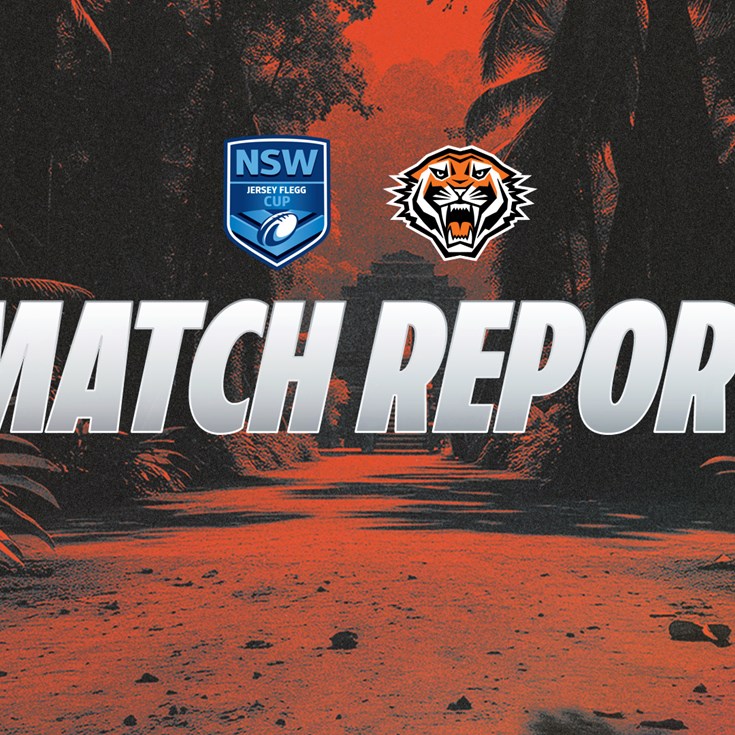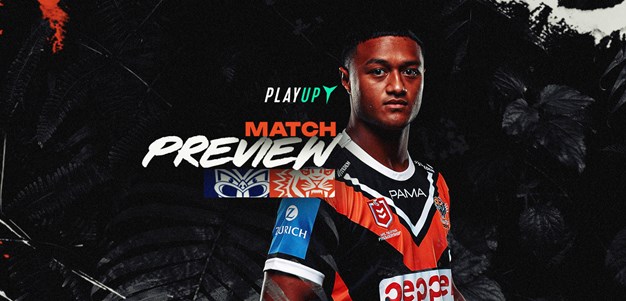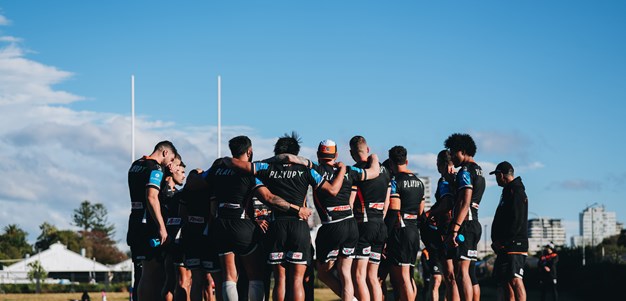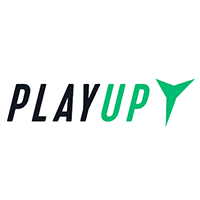
The National Rugby League (NRL) will partner with the University of Newcastle and the Spaulding Research Institute at Harvard Medical School in one of the world’s largest studies into head injuries and brain health in collision sport.
The Retired Professional Rugby League Players Brain Health Study will be a multinational, multiyear program of research to transform the understanding of head injuries.
The NRL will provide initial funding for the research program of $250,000 which will advance knowledge and health care, not only for rugby league players but for athletes in other contact and collision sports.
The funding will take the game’s investment in this area, which includes the Injury Surveillance Bunker, Sideline Surveillance technology and education programs to over $1 million in 2020.
The research is a multifaceted project that includes a detailed health survey, which examines the physical, psychological, and cognitive health of former NRL players. It also includes a comprehensive study of the brain health of former players involving in-person neuropsychological assessment and multimodal brain imaging.
A brain donation program for former NRL players has also been established with the Sydney Brain Bank, funded by Neuroscience Research Australia (NeuRA) and UNSW.
It is expected the research will continue for decades.
NRL chief executive Todd Greenberg said the game had spent 12 months working with researchers from the University of Newcastle and Harvard Medical School to ensure a comprehensive study which specifically focuses on rugby league players.
“This research relationship adds another pillar to the work and investment we are doing to enhance player safety in our game,’’ he said.
“We must always evolve and learn. This research will transform global understanding of these issues.
“It adds to the work the NRL is doing operationally to ensure the game evolves as we learn more about this area of medical science. Already we have introduced the Injury Surveillance Bunker and Sideline Injury Surveillance technology which utilises the latest in Hawk Eye technology to identify potential head injuries and that will continue to evolve.”
Principal Researcher Andrew Gardner, School of Medicine and Public Health at the University of Newcastle and Hunter Medical Research Institute, said the research would significantly progress the scientific knowledge in the field.
“This financial support will allow us to build on the evidence we have accumulated with this research program to date, and enable us to significantly increase the number of retired professional players we recruit to the program each year,” Dr Gardner said.
“It will not only allow us to identify problems and immediately refer former players for treatment, but it will also enable us to see former players periodically so we can examine brain health over time.
“That sort of robust and comprehensive data set will be invaluable.”
Co-Principal Investigator, Professor Grant Iverson of Harvard Medical School, said the research would have global benefits.
“The Retired Professional Rugby League Players Brain Health Study is a large-scale, multidisciplinary, international program of research that will transform our understanding of later-in-life brain health in former NRL players” Professor Iverson said.
“Our team will combine expertise and resources to accelerate the pace of this science, disseminate the findings to the medical and scientific community, and translate the knowledge gained to improve health care for retired NRL players and other former athletes worldwide.”
Investigator Christopher Levi, Neurologist, Director of the Sydney Partnership for Health, Education Research & Enterprise (SPHERE) and Fellow of the Australian Academy of Health and Medical Science, said the research would lead the evolution of player safety in this area.
“There is a pressing need for a deeper scientific understanding of the reported association between concussion and longer-term brain and mental health outcomes,” Dr Levi said.
“Key questions to be answered include what level of exposure imparts risk and can potentially vulnerable individuals be identified and thereby exposure avoided.
“The NRL have demonstrated a strong commitment to translating best available evidence into policy and “real world” practice with a focus on concussion exposure minimisation and player welfare.
“We thank the NRL for their support for this fundamental research and hope the results will both advance knowledge and translate into good outcomes for our sportsmen and women.”
Claire Shepherd, the Director of the Sydney Brain Bank, said the facility is committed to playing a key role in Australia’s first-ever comprehensive research program that will conduct post-mortem studies on former players who have had detailed health assessments.
“The Sydney Brain Bank’s post-mortem research is crucial to understanding the link between brain injuries and chronic traumatic encephalopathy (CTE). Combining post-mortem data with health assessments on players while they are alive will lead to better insight into whether sports-related brain changes impact on a player’s quality of life,” Dr Shepherd said.












